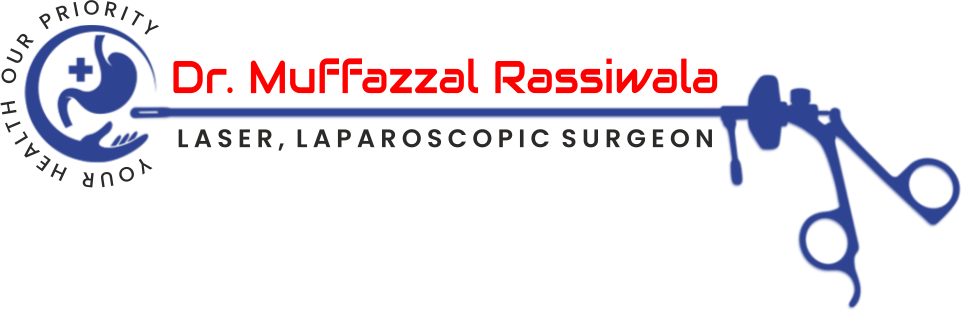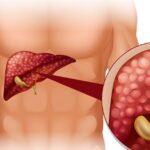A hernia occurs when an organ or tissue pushes through a weak spot in the surrounding muscle or connective tissue. While some hernias may initially seem minor, they can worsen over time and lead to serious complications if left untreated. Knowing when to seek medical help is crucial for preventing long-term issues.
1. Persistent Pain or Discomfort
If you’re experiencing ongoing pain, discomfort, or pressure in the affected area, it’s time to see a doctor. While some hernias may not cause immediate pain, they can still pose a risk. A hernia doctor in Indore can evaluate your condition and recommend treatment options before the hernia becomes more problematic.
2. Swelling or Bulging
One of the most noticeable signs of a hernia is a visible lump or bulge in the affected area, such as the abdomen or groin. If the bulge becomes larger, more painful, or does not go away when you lie down, it’s important to consult a doctor immediately. An untreated hernia can increase in size and severity over time, leading to complications.
3. Difficulty with Daily Activities
If your hernia starts to interfere with everyday tasks like lifting objects, walking, or even sitting comfortably, it’s a sign that you need medical attention. A hernia that restricts your ability to carry out daily activities could be at risk of becoming strangulated, which is a serious condition requiring immediate surgery.
4. Symptoms of Strangulation
A strangulated hernia occurs when the blood supply to the tissue trapped in the hernia is cut off. This is a medical emergency. Symptoms include intense pain, nausea, vomiting, fever, and a dark or discolored bulge. If you notice these signs, seek emergency care right away.
5. Recurring Hernias
If you’ve had hernias in the past, there’s a higher chance of recurrence. A hernia doctor in Indore can help assess your risk and suggest preventive measures or timely surgery to avoid further complications.
Seeing a doctor early ensures you get the right treatment to prevent the hernia from worsening.





